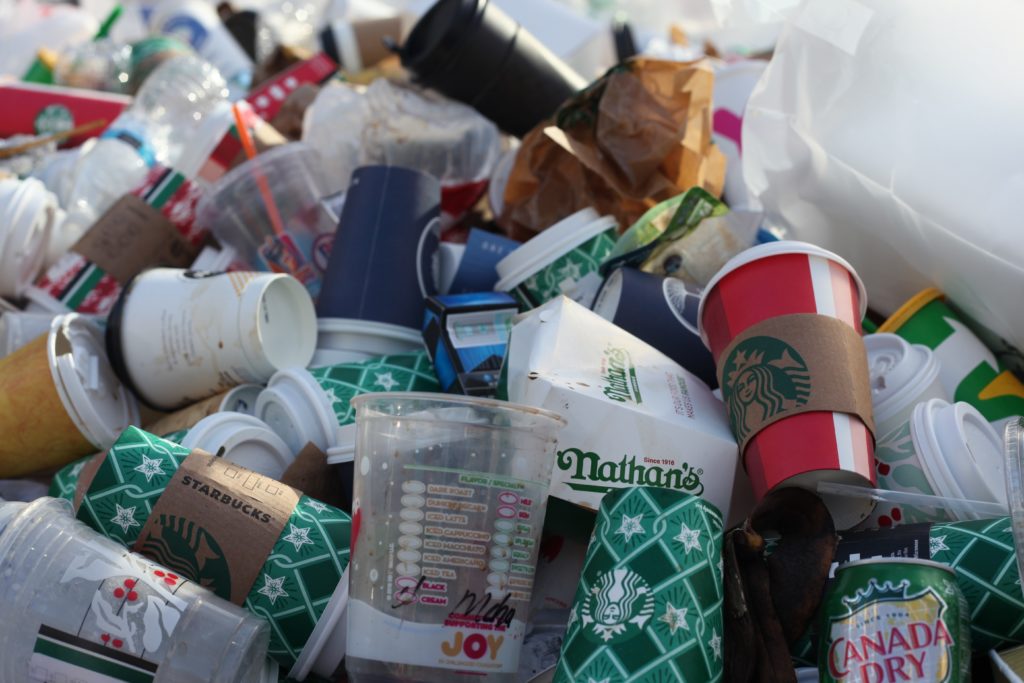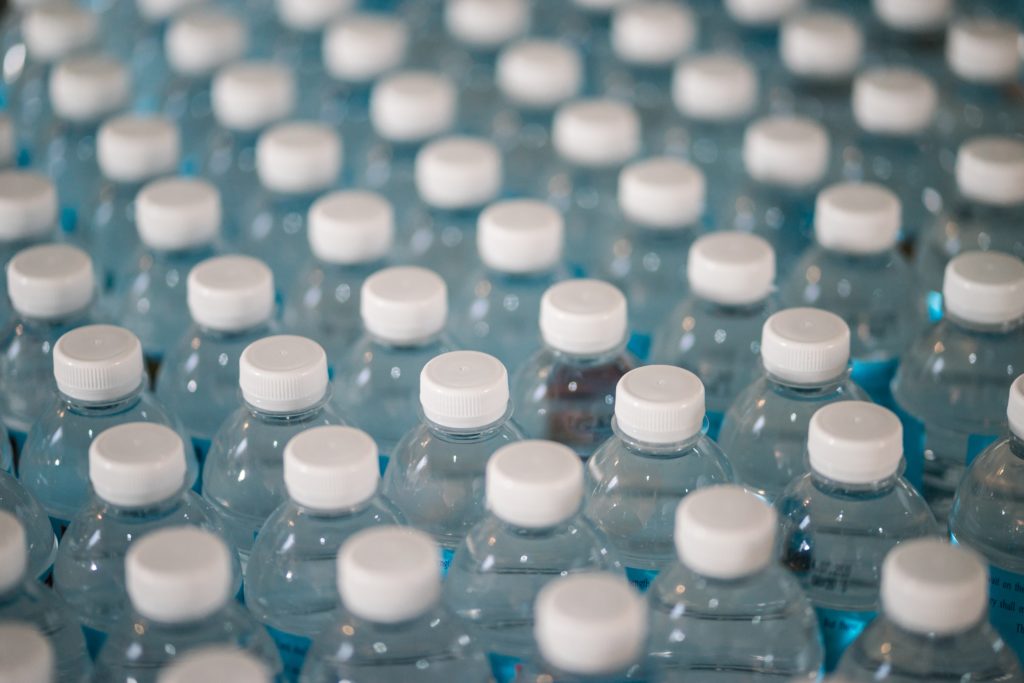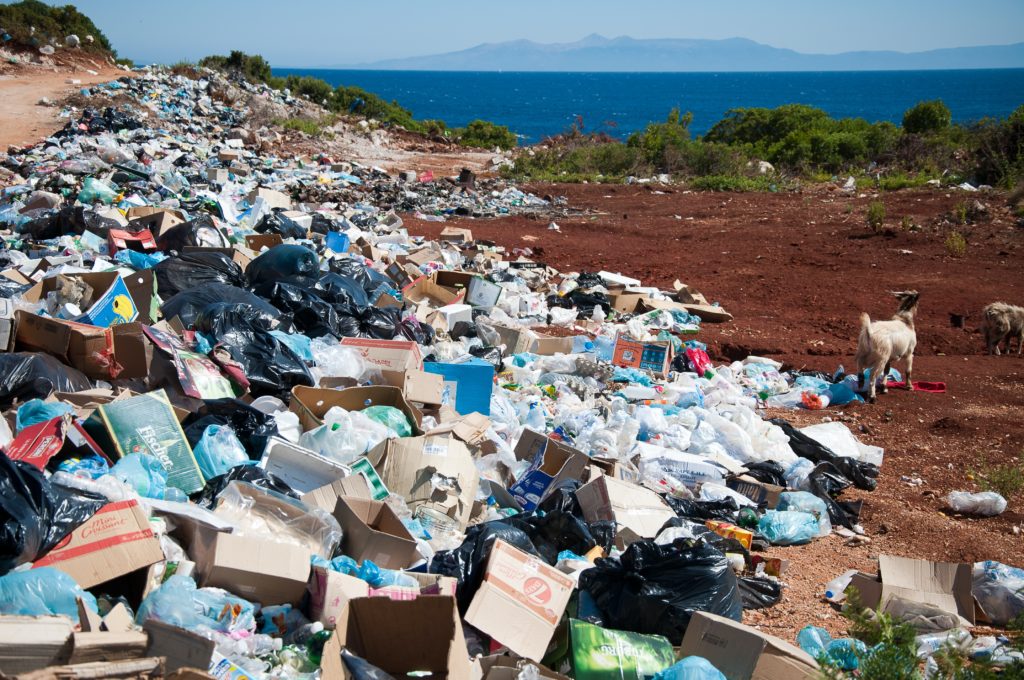4 Mins Read
A new report has revealed the U.S. is the biggest contributor to plastic waste globally. It is producing more than all European Union countries combined. Ineffective recycling infrastructure and increased plastic manufacturing are considered the root causes. Figures have led to declarations of environmental and social crises within the U.S.
The congressionally mandated report has been published in the National Academies of Sciences, Engineering, and Medicine (NASEM). It lays bare the extent of both plastic production and subsequent waste, with the U.S. topping the leaderboard for the latter.

A crisis to tackle
The recent report in NASEM reveals that the U.S. currently produces around 42 million metric tons of plastic waste a year. Representing less than 5 percent of the global population, Americans generate 130kg of plastic waste per person, per year. This puts the country ahead of all European Union members, combined. To contextualise the annual figure further, China, with more than twice the population than the U.S., was found to produce half as much plastic waste. The UK take second place with 98kg and France tallied 43kg. The impact on the world’s marine environment is catastrophic, with at least 8.8m tons entering bodies of water.
Two explanations for the volume of plastic waste have been proffered. The first is an increase in cheap plastic manufacturing. With little or no recyclable qualities, every piece produced is destined to be wasted. The second explanation digs deeper and calls out ineffectual recycling infrastructure throughout the U.S.
Unable to keep pace with plastic production, recycling facilities have been overburdened for years. This has resulted in a throwaway culture, translating into a minimum of 2.2 million tons of plastic impacting the environment. In addition to harmful methane emissions caused by anabolic breakdown, many items find their way to rivers and streams. From there it is a short journey to the oceans and devastating consequences for all marine life.

Responses to the report
Having been commissioned by and sent to the government, the report is expected to generate administrative action. Key takeaways include calling the crisis: “a global scale deluge of plastic waste, seemingly everywhere we look.”
Margaret Spring, chief conservation and science officer at Monterey Bay Aquarium and committee chair for the report, said: “Plastic waste generated by the U.S. has so many consequences, impacting inland and coastal communities, polluting our rivers, lakes, beaches, bays, and waterways, placing social and economic burdens on vulnerable populations, endangering marine habitats and wildlife and contaminating waters upon which humans depend for food and livelihoods.” She went on to confirm that only governmental ‘source to sea’ plastic waste ownership will suffice as a resolution.
The committee has recommended a new national strategy be in place by the end of 2022. It should be focussed on reducing the stream of plastic waste into oceans via a multi-pronged approach. Non-recyclable plastic production should be significantly lessened, as the first priority. From there, education about plastic reuse is desirable, and improved waste collection standards must be implemented.

Final stumbling blocks
The report has identified a serious, globally impactful, problem. It has also suggested feasible ways to begin undoing the damage but there is a hurdle. Worldwide plastic consumption, led by consumer trends and manufacturers, could hamper efforts. Plus, experts have previously identified that there is a limited amount of time left to act.
The fossil fuel industry has been identified as gearing up for increased plastic production. Crude oil-based plastic polymers have always been good for business. Now, in the wake of environmental awareness, it is fighting to retain its grip on profitable plastic manufacturing. The U.S. is home to a glut of more than 9,000 fossil fuel companies. If the recommended strategic plan is implemented, all of them could be severely impacted, hence a predicted pushback.
All pictures courtesy of Unsplash.




